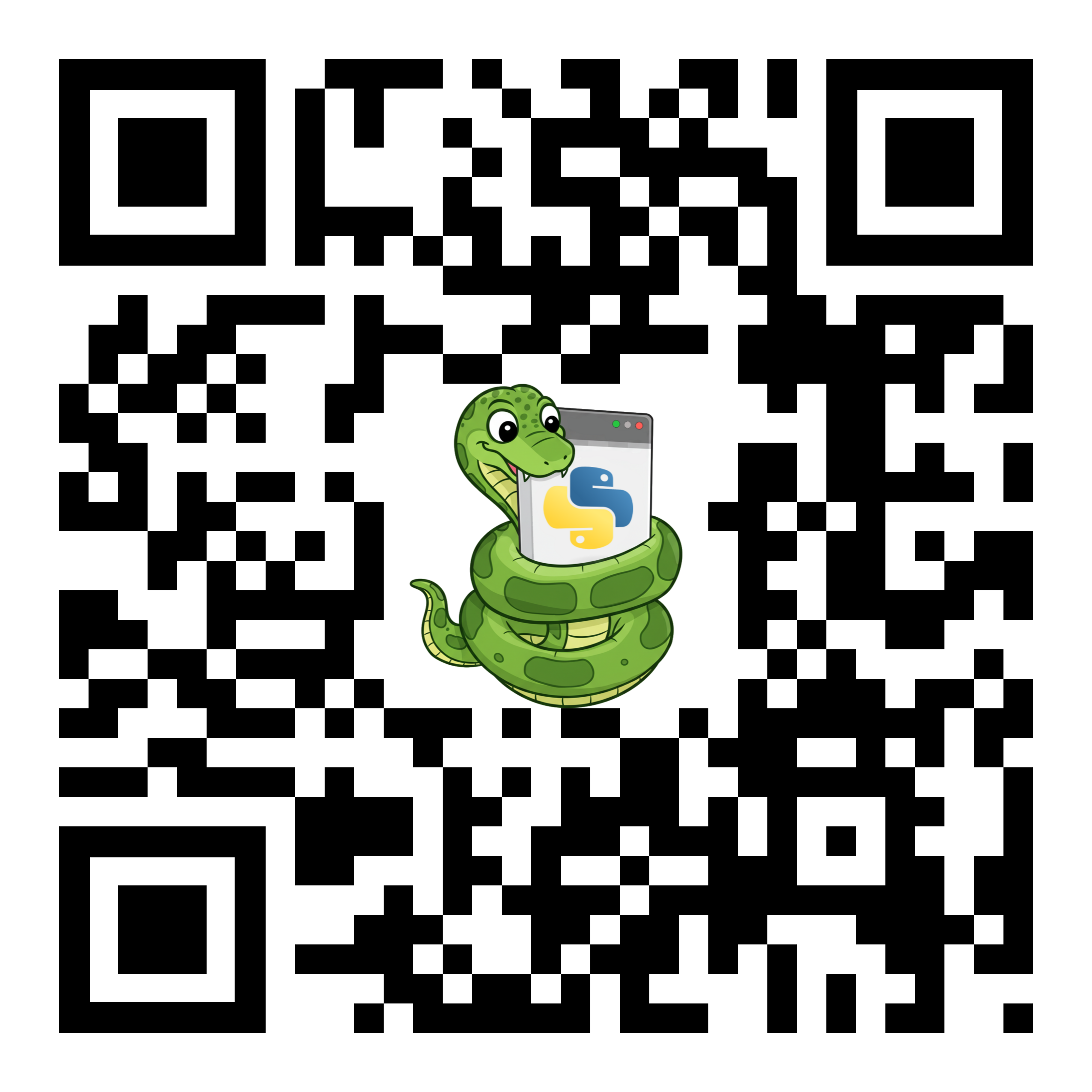Welcome to WheelNext¶
What is WheelNext and Why should you participate !?¶
WheelNext is an open-source initiative (https://github.com/wheelnext & https://wheelnext.dev/) aiming to improve the user experience in the Python packaging ecosystem, specifically around the scientific computing and machine/deep learning space. We also anticipate benefits in other domains that heavily rely on performance of compiled Python extension modules - the benefit of utilizing one's hardware more optimally is not exclusive to any single domain.
The current state of Python packaging was designed and implemented at a time predating the increasingly complex needs these use cases demand were prevalent. Through WheelNext, we aim to evolve Python packaging standards to better address the needs of this important segment, while retaining its effectiveness for the overall ecosystem.
Many of the problems and gaps are summarized on the following website: https://pypackaging-native.github.io/ The WheelNext objective is to improve the state of packaging for Python native code, making it easier to build, distribute, and install Python packages with complex native dependencies.
Key Issues Identified:¶
Due to the wide variety of GPUs, CPU microarchitectures, execution environments, and highly specialized dependencies, building and packaging native code as Python wheels is complex and often inconsistent across different platforms.
Authors of Python packages that need to support:
- GPUs and other hardware accelerators
- CPU capabilities beyond the CPU family (SIMD instruction sets)
- dependencies meant to be used as a single runtime or shared library rather than vendored (e.g., OpenMP, MPI, BLAS, LAPACK)
- dependencies that rely on symlinks
are struggling with how to produce and distribute wheels.
Users of such Python packages get a very suboptimal user experience, because the wheels often are not (or cannot) be hosted on PyPI as of today, and they have to use package installers that don't offer ways to select wheels that match their local hardware or installation preferences.
WheelNext aims to solve these wheel format and usability issues to the extent possible. Concrete issues already being worked on include:
- Lack of Symlink Support: Very important to reduce package and better support native code. Yet it is lacking in the packaging standard.
- No ability to build a binary for a specific microarchitecture: We are lacking the ability to describe with specificity the platform, microarchitecture, or other execution environment details is supported by a given binary (ARMv7, ARMv8, etc.)
- No Package Index Prioritization: The main package installer
pipis lacking ability to prioritize a given package index over another. - No clear path to support non-default package indexes: Using private / corporate package indexes is common practice, yet the tooling ecosystem does not have a solid and reliable way to support these workflows. Namely, since it's difficult to safely and precisely specify how multiple enabled indices interoperate to resolve the requested top-level and transitive dependencies
Approach to Proposed Solutions:¶
- Unified Approach: Developing a more unified and standardized approach to packaging native code in Python.
- Improved Tooling: Enhancing existing tools and creating new ones to simplify the process.
- Better Documentation: Providing comprehensive and clear documentation to help developers navigate the packaging landscape.
- Engineering Focus: Putting the work and the effort to build and propose clear solutions that fixes the aforementioned issue in the most holistic manner.
Community Involvement:¶
Encourages collaboration and input from the Python community to ensure that the new standards and tools meet the needs of a wide range of users and use cases.
Contributing¶
All contributions are very welcome and appreciated!
| Newsletter & Monthly Meetings | Project & Task Tracker |
|---|---|
 |
|
| https://contribute.wheelnext.dev | https://tracker.wheelnext.dev |
Ways to contribute include:¶
Within WheelNext¶
- Share news about WheelNext with others who might find it interesting or may want to pitch in
- Help review or improve PEP drafts, website materials, and other content
- Test current prototypes on your own use cases and provide feedback or fixes
- If you're a maintainer of a packaging-related tool: please think about how the designs being developed in WheelNext will be implemented in or affect your tool, and ensure you're happy with the design and impact of it!
- If you're a package author affected by limitations in Python packaging that seem in scope for WheelNext: please ensure that your use case is captured and addressed.
- Participate in Python packaging community discussions on Discourse for the PEPs you care about when they get submitted. This is quite important for moving PEPs forward: if you only can do one thing, please do this.
- Join the PyPA Discord and chat with folks on the
#wheelnextchannel.
On this website¶
- Improving existing content on the website: extending or clarifying descriptions, adding relevant references, diagrams, etc.
- Providing feedback on existing content
- Proposing new topics for inclusion on the website, and writing the content for them
- ... and anything else you consider useful!
The content for this website is maintained on GitHub.
Acknowledgements¶
- Initial kickoff effort was led by NVIDIA, now aggregating efforts from many companies, maintainers of open source projects, and other contributors.
- Many ideas, formulations and this template are inherited from PyPackaging Native